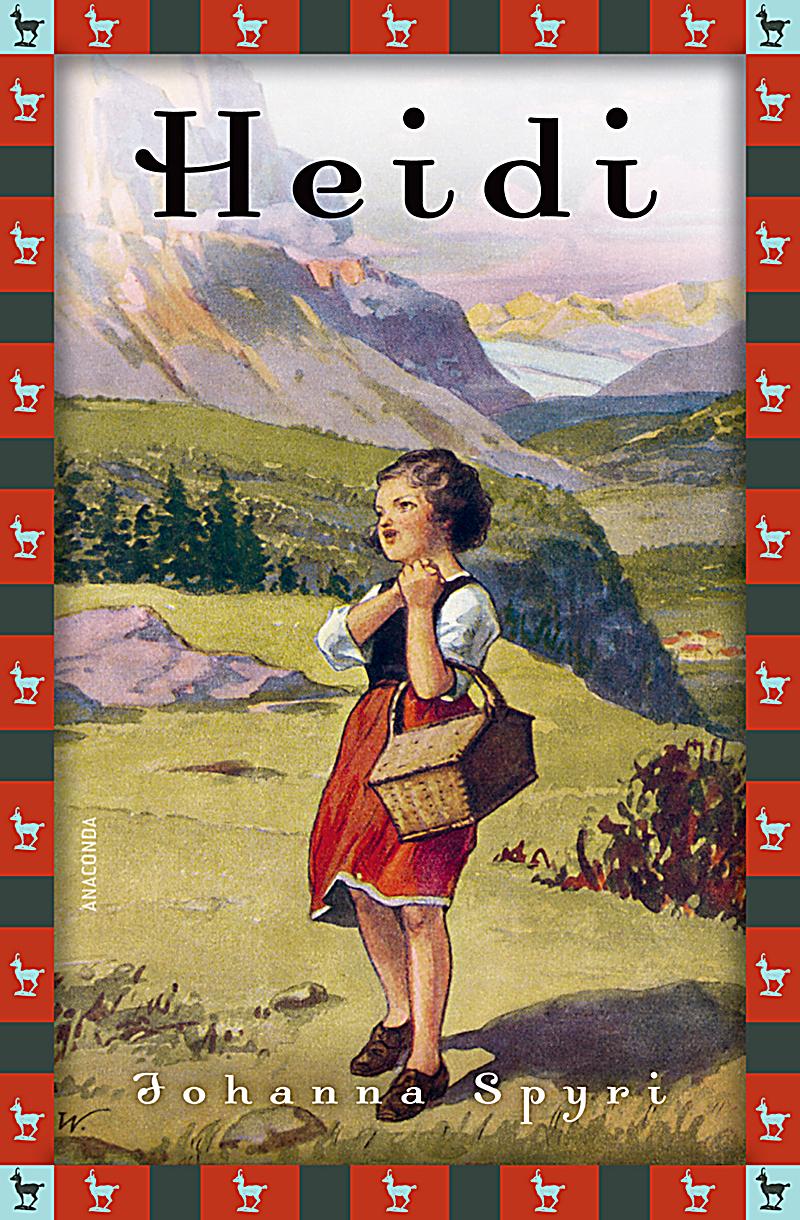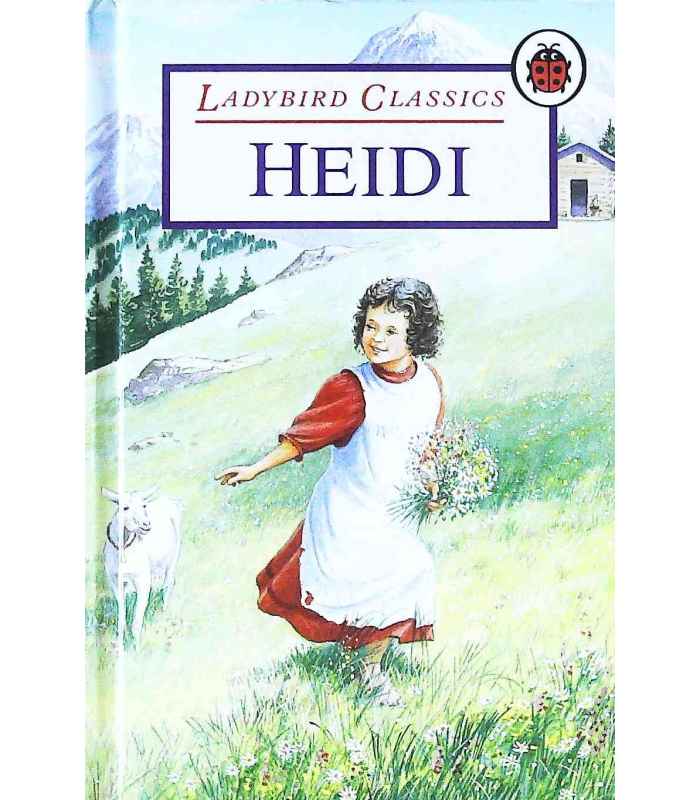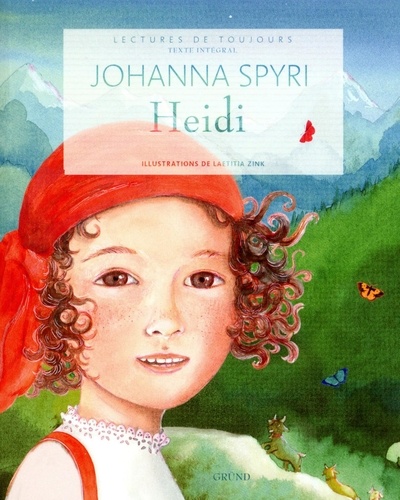
The contrast between the austere mountain life and the urban setting of an emigrant’s daily routine abroad is brought to the reader’s attention when Aunt Dete returns to the mountain pasture and takes Heidi to Frankfurt. Illustration by Wilhelm Claudius in the Heidi edition of 1889.

Heidi soon wins him over with her exuberance, warm character and interest in nature. The paternal grandfather, called Alp-Öhi, a Swiss German expression meaning Uncle on the Alp, does not welcome his new charge at first. Heidi has been an orphan since the death of her father on a construction site and loss of her mother to grief shortly after.

Some 330,000 Swiss emigrated between 18, most headed for the United States. To make matters worse, many Swiss farmers saw their potato harvest destroyed by the blight wreaking havoc in Europe. Poverty, hunger and inhumane factory conditions were widespread in 19 th-century Switzerland. Like many Swiss workers and peasants at the time, the aunt emigrated to make a living. Dete leaves the orphan girl with the grumpy old man and hurries away to take up a job as a maid in Germany.

The novel starts with a sad moment: Aunt Dete brings 5-year-old Heidi to her paternal grandfather who lives in seclusion on a mountain pasture above the village of Maienfeld in the canton of Graubünden.


 0 kommentar(er)
0 kommentar(er)
